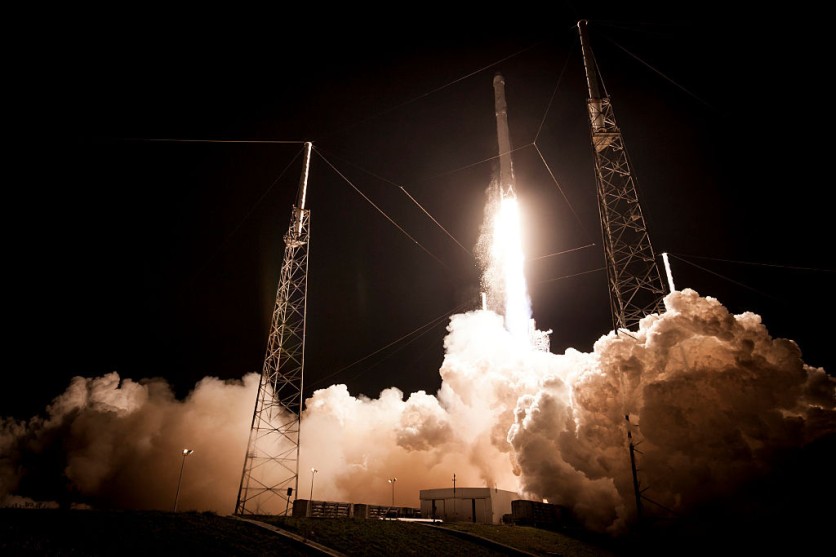Rocket Lab is preparing for its second attempt to catch a rocket booster mid-air through a helicopter, as reported by TechCrunch. The mission is called "Catch Me If You Can" and will be on November 4 at the company's launch site on New Zealand's Mahia Peninsula.

The 75-minute launch window opens at 1:15 PM EST, and will be the 32nd Electron launch to date.
The goal is to carry a single science research for the Swedish National Space Agency to sun orbit. It will also use the Mesospheric Airglow/Aerosol Tomography and Spectroscopy satellite to study more about atmospheric waves.
Not an Easy Mission
Catching a rocket booster mid-air is not easy. In fact, the first helicopter recovery attempt was held on May 2, in which the Sikorsky S-92 was able to grab hold of the parachute line around 6,500 feet above the ocean; however, it released almost immediately. Like other recovery attempts, the booster was dropped into the sea and recovered via boat.
Now, Rocket Lab will deploy the Sikorsky S-92 helicopter before launch with added features for higher chances of success.
If it is successful, the company intends to secure the parachute to the helicopter and lower it back to the launch site for refurbishment and reuse.
Also Read: Rocket Lab Sets Official Date to Pluck a Falling Rocket Booster with a Helicopter in Mid Air
Reuse and the Future
In the future, Rocket Lab's plan is to recycle even more of the Electron booster. Its new air-dropped recovery method is just the latest attempt at reusability. The company already demonstrated a sort of catch-and-release method during a mission in November 2017.
After a successful launch of three satellites for NASA, Rocket Lab used its Curie engine module to deorbit and drop into the Pacific Ocean for later recovery. If a similar approach is taken for future launches, it will allow for Electron to stay in service longer, saving time and money for the company.
As Rocket Lab continues to progress toward its goal of rapid, repeatable and reliable access to space, the company hopes to lower the cost of accessing space.
Successful or not, Rocket Lab's attempts at reusable space travel are pushing the boundaries of what is possible, and it will be interesting to see what the company is able to accomplish over the course of its next few missions, as well as how the industry as a whole will respond. The company is one of several that are all striving toward a new, reusable model for the space industry, and it will be exciting to see what happens as more companies get involved.
Related Article: Rocket Lab Will Explore Use of Neutron and Electron Launch Vehicles for US Military's Cargo Transport
This article is owned by Tech Times
Written by April Fowell
ⓒ 2025 TECHTIMES.com All rights reserved. Do not reproduce without permission.




